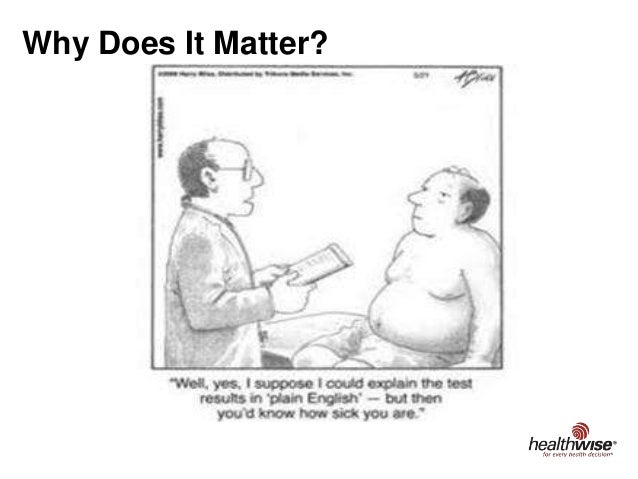 |
| (DeSousa, 2012) |
As I researched this topic I have discovered very little
formative data on how health literacy is assessed by the medical community and
less information on how a patient is identified as requiring assistance.
(Coleman,
Hudson & Maine, 2013, p.83) I have
included the illustration of The Health Literacy Umbrella as it depicts the
many aspects of health literacy that are needed between the patient and health
care team. Peer
support is described by Harris et al., (2015) as “the provision of emotional,
appraisal and informational assistance by a created social network member who
possesses knowledge…”.
Our interview with Peter highlights the benefits of peer support that was provided to him at a time when he had no idea of the direction he should look. The difficulty that is experienced with sudden changes in social, work and financial situations is quite overwhelming. As a nurse in any healthcare setting, it is important to remember the person who is requiring assistance and not always the task you need to complete.
We can begin to empower individuals by building resilience and improve the communities in which they live. WHO (World Health Organisation, 2016) indicates that health literacy is an asset for individuals and their community as this promotes resource development, builds strength individually, it will become a culture and will encourage positive lifestyle changes.
 |
| (www.slideshare.net, 2016) |
Coleman, C., Hudson, S., & Maine, L. (2013). Health Literacy Practices and Educational
Competencies for Health Professionals: A Consensus Study. Journal Of Health Communication,
18(sup1), 82-102. http://dx.doi.org/10.1080/10810730.2013.829538
De Sousa, R. (2012). What is Health Literacy. NUTR 360 - fal 12. Retrieved from
http://www.personal.psu.edu/bal18/blogs/nutr_360-fall_12/2012/09/what-is-health-literacy-2.html
Harris, J., Springett, J., Croot, L., Booth, A., Campbell, F., & Thompson, J. et al. (2015). Can
community-based peer support promote health literacy and reduce inequalities? A realist review.
Public Health Research, 3(3), 1-192. http://dx.doi.org/10.3310/phr03030
World Health Organization (WHO). (2013) Health Literacy. The Solid Facts [Online]. Available
from: http://www.thehealthwell.info/node/534072 [Accessed: 4th February 2016].
www.slideshare.net,. (2016). SlideShare.net. Retrieved 3 February 2016, from
http://www.slideshare.net
No comments:
Post a Comment